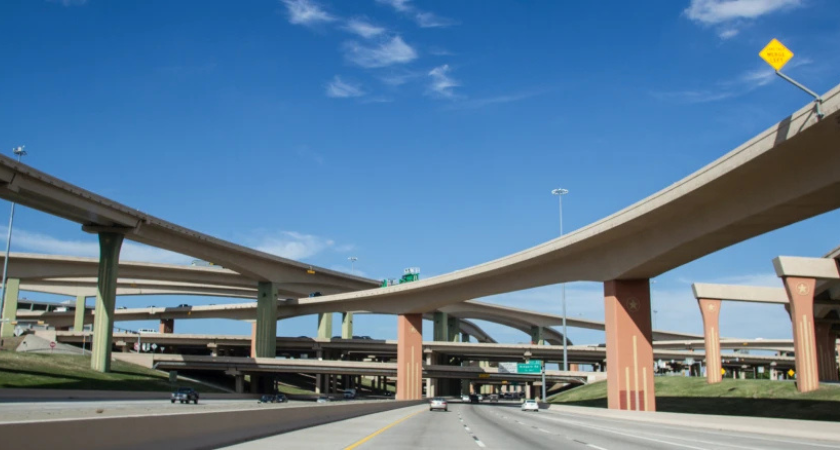
In a landscape where many states are grappling with funding shortfalls for critical infrastructure, Texas stands out with a decade-long transportation spending plan that continues to grow. For the third consecutive year, the Texas Department of Transportation's (TxDOT) 10-year Unified Transportation Program (UTP) has exceeded $100 billion, with the most recent iteration reaching a staggering $146 billion. This monumental investment, announced by Texas Governor Greg Abbott, is framed as a necessary measure to address the needs of a state experiencing explosive population growth, with over 8,000 new residents arriving each week for the past 25 years.

"This more than $146 billion investment in our roadways will help Texas meet the critical needs of our growing state as more people and businesses move here for the freedom and opportunity they can’t find anywhere else," Governor Abbott stated in a press release. He added, "We must strengthen our roadways and improve congestion and safety to keep our economy booming and keep Texans moving."
Texas' ability to fund this ambitious agenda comes from a unique blend of funding sources, setting it apart from states that rely heavily on diminishing gas tax revenues. A decade ago, Texas voters approved two key ballot measures: Proposition 1 in 2014, which allocates a portion of oil and gas production tax revenue to the State Highway Fund, and Proposition 7 in 2015, which directs a portion of state sales tax revenue to transportation. To date, these initiatives have generated over $40 billion for transportation, providing a stable and growing funding stream.
The TxDOT emphasizes that its investments are guided by three primary goals: “improving safety, addressing congestion and connectivity, and preserving roadways for Texas drivers.” The vast majority of the UTP's budget—89 percent—is dedicated to highway projects, with a significant focus on widening existing roads. The department claims to have made progress in congestion relief, citing a 15 percent reduction in the average commuter's time spent in traffic over the last decade. Additionally, the American Society of Civil Engineers has noted the good condition of Texas roads, with 90 percent of pavement being rated as "good condition," though the state's overall infrastructure report card still earns a "C."

Despite the state's claims of success, critics argue that the plan's heavy emphasis on road expansion is a flawed strategy. Katy Atkiss, director of the Texas Streets Coalition, an advocacy group for alternative transportation and street safety, argues, “Their entire budget is based on a fallacy, which is more roads equals less traffic.” The coalition has also raised concerns about the environmental impact of these projects and a perceived lack of public feedback being incorporated into the UTP.
Transportation planning in Texas has become increasingly politicized, with the state's official Republican Party platform including opposition to "anti-car measures that punish those who choose to travel alone in their vehicles." This ideological stance, critics say, has led to TxDOT clamping down on local initiatives for alternative modes of transportation, such as San Antonio's canceled plan to build bike lanes on a state road.
However, the state has also made some efforts to address safety and alternative transportation. In 2019, the Texas Transportation Commission doubled its annual allocation for safety efforts to $300 million, a move praised by advocates. "That is state money that otherwise would’ve gone to building roads,” says Jay Blazek Crossley, director of Farm&City, a group that advocates for better urban and rural planning. While TxDOT has developed an active transportation plan for pedestrian and cycling infrastructure, Crossley notes that it lacks dedicated funding.
In the end, the sheer scale of the UTP, with its vast network of contractors and construction groups, frames the spending as a key driver of economic development. Crossley sums up the situation: "I believe we can make progress; it’s just real hard. Keeping the gravy train going is the main thing that’s happening with the UTP, and that gravy train is chugging along."
Originally reported by Jared Brey in Governing.